Publications
Articles, publications, books, tools and multimedia features from the U.S. Institute of Peace provide the latest news, analysis, research findings, practitioner guides and reports, all related to the conflict zones and issues that are at the center of the Institute’s work to prevent and reduce violent conflict.
Question And Answer
Amid a Changing Global Order, NATO Looks East
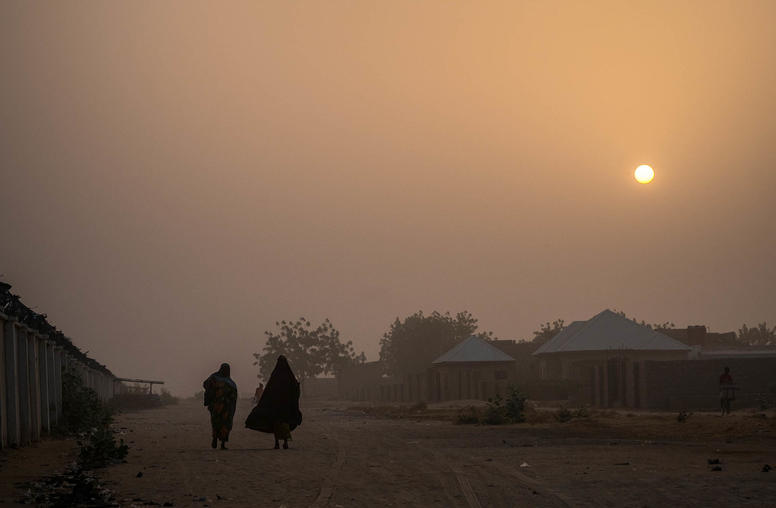
Going Beyond Accountability to Deter Conflict-Related Sexual Violence
In a historic move, President Biden signed a memorandum last November that bolstered the U.S. response to conflict-related sexual violence, including rape, sexual slavery, forced pregnancy, forced sterilization and other forms of wartime sexual harm. The new directive was timed to coincide with an international conference in London that marked the 10-year anniversary of the U.K.’s Preventing Sexual Violence in Conflict Initiative and sought to build on the initiative’s 2014 global summit as well as the “declaration of commitment” to end sexual violence in conflict that was signed by more than 150 countries in 2013.
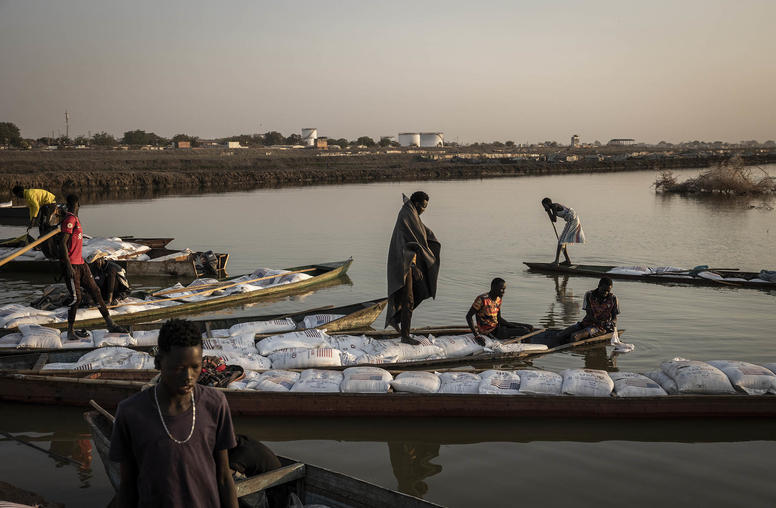
Before the Next Shock, the World Needs a ‘Marshall Plan’ for Food Insecurity
In recent years, the world has seen a host of interconnected challenges, with a crisis in one part of the world setting off epiphenomenal emergencies elsewhere. Russia’s invasion of Ukraine cut off many countries from their main supply of wheat and coarse grains, disrupting global food supply chains that were already stressed by the COVID pandemic. This led to further food insecurity in regions of the world, like East Africa, that were already dealing with starvation and malnutrition due, in part, to severe drought brought on by climate change.
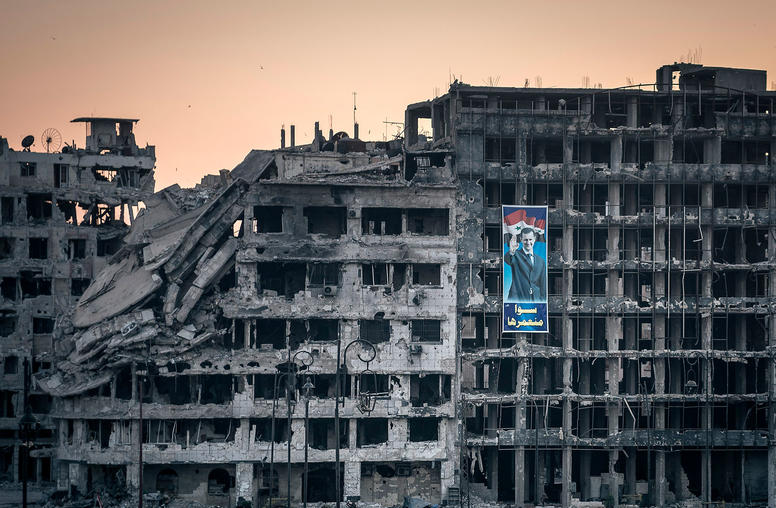
Syria’s Stalemate Has Only Benefitted Assad and His Backers
Twelve years into Syria’s devastating civil war, the conflict appears to have settled into a frozen state. Although roughly 30% of the country is controlled by opposition forces, heavy fighting has largely ceased and there is a growing regional trending toward normalizing relations with the regime of Bashar al-Assad. Over the last decade, the conflict erupted into one of the most complicated in the world, with a dizzying array of international and regional powers, opposition groups, proxies, local militias and extremist groups all playing a role.

Where Cryptocurrency, Water and Conflict Collide
The booms and busts of the cryptocurrency industry are all over the news. But while the crypto market’s steep decline is a concern for crypto investors, the energy needed to mine cryptocurrency should be what catches the attention of policymakers. As of August 2022, total global electricity usage for crypto assets is estimated to be between 120 and 240 billion kilowatt-hours per year — more than the total used by entire countries such as Australia or Argentina. Amid the global energy crisis and efforts to stem the effects of climate change, the sheer scale of crypto’s electricity usage raises major questions regarding its sustainability.
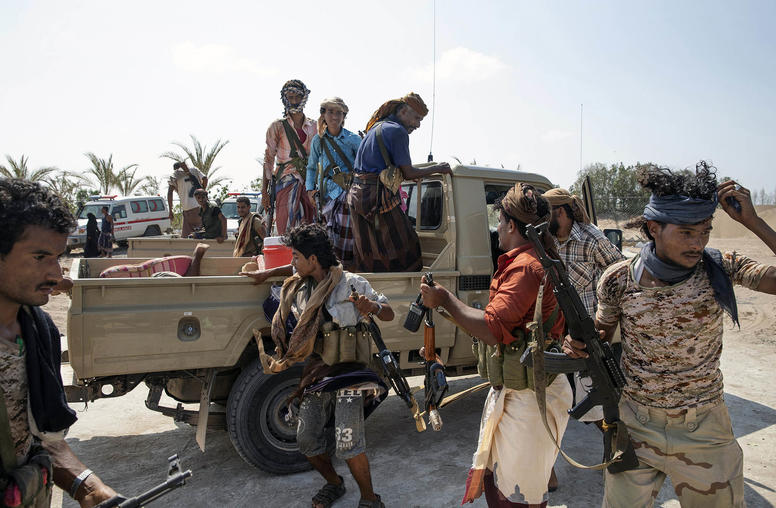
What You Need to Know About China’s Saudi-Iran Deal
Iran and Saudi Arabia announced last Friday a Chinese-brokered deal to restore relations. After decades of enmity and a formal cutting of ties in 2016, the rapprochement has been touted as a momentous development in the region. But how it ultimately impacts the Middle East remains a very open question, as the long adversarial powers are fighting a proxy war in Yemen and continue to support opposing sides across the region. Amid perceived U.S. retrenchment from the Middle East, the deal is a diplomatic win for China as it increasingly seeks to present an alternative vision to the U.S.-led global order.
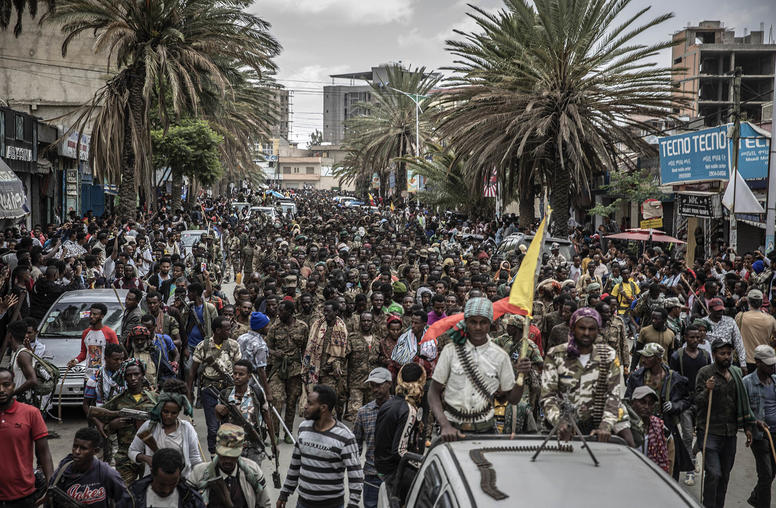
Peace for Ethiopia: What Should Follow Blinken’s Visit?
Secretary of State Antony Blinken’s talks in Ethiopia and his announcement of new U.S. aid this week advance vital steps for building peace in the country and greater stability in East Africa. Yet those tasks remain arduous and will require difficult compromises on all sides in Ethiopia’s conflicts. U.S. and international policymakers face a tough calculation over how to mesh critical goals: restoring full trade and economic assistance to help Ethiopia meet its people’s needs while also pressing all sides to advance justice and reconciliation to address the atrocities committed and damage caused during the war.
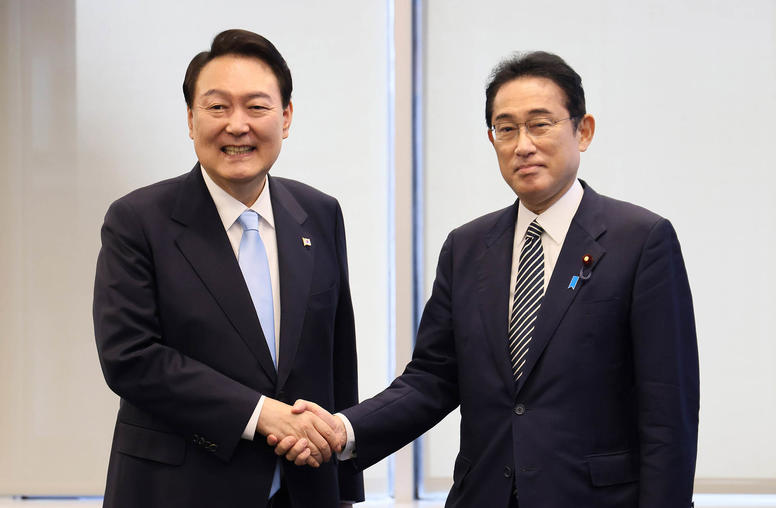
What’s Behind Japan and South Korea’s Latest Attempt to Mend Ties?
The meeting between South Korean President Yoon Suk Yeol and Japanese Prime Minister Fumio Kishida earlier this month — the first bilateral summit between South Korean and Japanese leaders in over a decade — was welcomed by both sides as a major step toward renewing relations. Despite ample common cause on issues such as regional security and economic growth, ties between the two countries have been strained in recent years over unresolved disputes stemming from Japan’s colonial occupation of Korea.
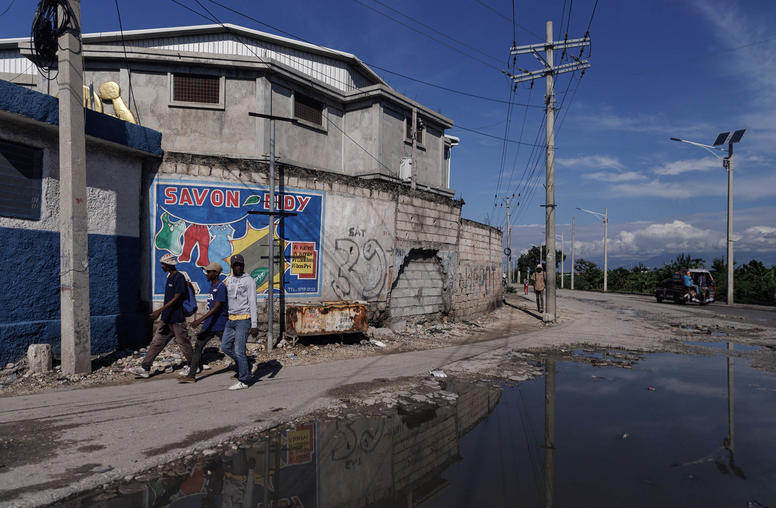
Have Haitians Finally Found the Formula for Moving Forward?
The headlines from Haiti have been so bad for so long that few get the world’s attention anymore. It seems like nearly every day there are stories of dozens being killed in the country’s capital or of the U.S. Coast Guard stopping hundreds of Haitian migrants from reaching U.S. shores. Then there are the more ominous headlines that say war or even a Rwanda-style massacre are approaching amid the countries “nightmarish conditions.” But at the end of last year, an underreported development could help put the country on a new path, injecting a glimmer of hope despite much pessimism.
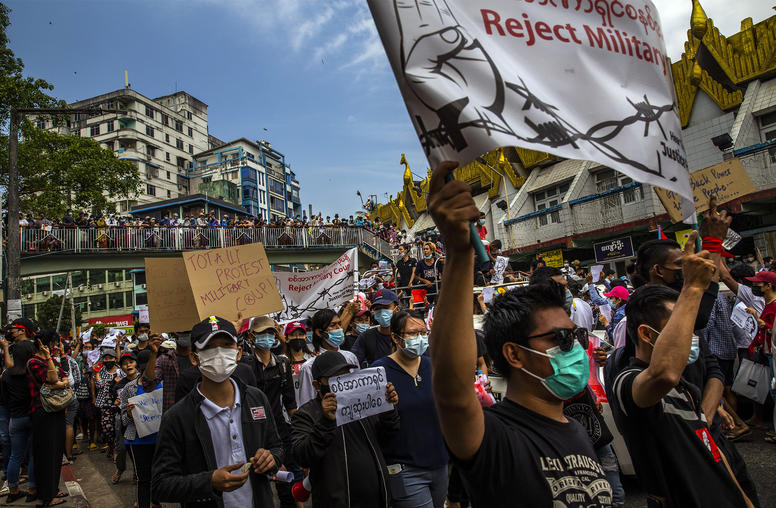
Support for Myanmar’s Junta Only Prolongs the Country’s Conflict
Myanmar’s coup regime, whose principal strategy for dealing with the country’s resistance movement is blunt, unrelenting brutality, benefits from three misconceptions prevalent in the international community: First, that consolidation of the military’s power is essentially inevitable; second, that absence of the generals’ regime would lead to a power vacuum and failed state; and third, that long-term military control is preferable to the status quo and would lead to stability.
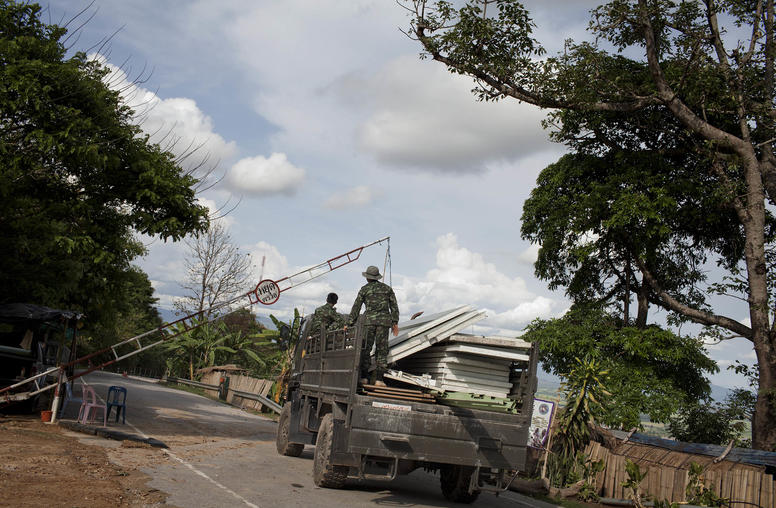
A Criminal Cancer Spreads in Southeast Asia
In the fractured authority surrounding crime-group controlled enclaves on the Moei River separating Thailand and Myanmar, this is what a crackdown on armed gangsters looks like: China presses Myanmar’s military junta — a sometimes client of Beijing — to make Thailand cut electric power to a large gambling and fraud hub run by Chinese crime syndicates across the river in Myanmar. The military-supervised Border Guard Force in the area, a partner of the syndicates, responds with threats to shut down cross-border trade. Then, giant generators appear in the enclave, deployed by the border guards and the gangs. The army, without explanation, does nothing. Individual commanders, if not the army itself, are believed to profit from the criminal activity. Business as usual continues.